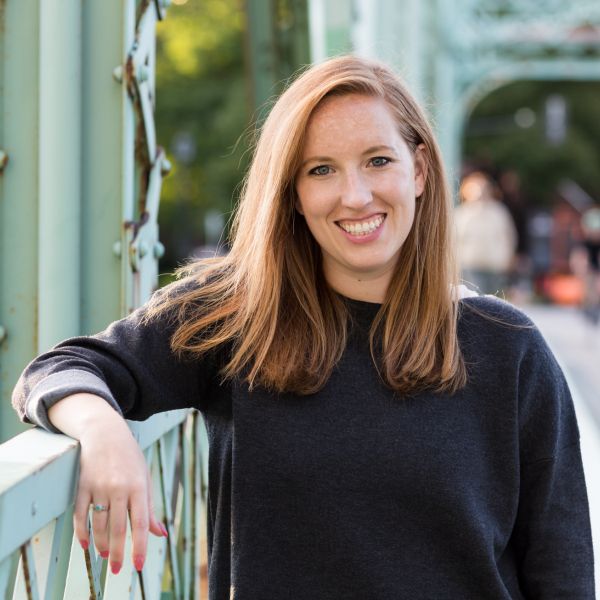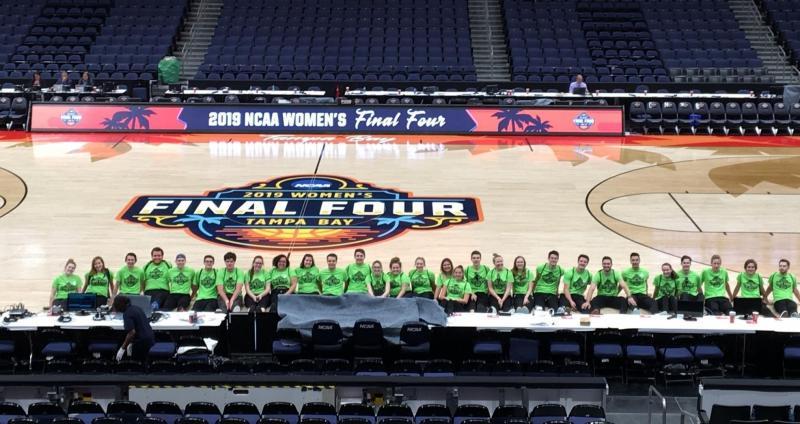Image

-
Madeleine Orr
Assistant Professor of Sport Management | Founder, SUNY Cortland | The Sport Ecology Group
- 30 Under 30
- 2020
Syracuse, NY, United States / Montreal, QC, Canada
Age: 26
Madeleine leads a consortium of academics leveraging the power of sport and making environmental research accessible to accelerate climate action.
How are you using education to build more sustainable and equitable communities?
I believe that it’s always a good time to talk about climate change. Even at a sport event, on the ski hill, or during soccer practice. And because sport is so popular, it can serve as a cool platform to educate sport fans and the public about climate change. For the last few years, I’ve been working to accelerate climate action within the sport sector alongside my team at The Sport Ecology Group. We do this by working with sport organizations to help them reduce GHG emissions, waste, and water footprint, and by educating sport fans on how they can take action in their own lives. All that work is backed by academic research that our members do at their respective universities. My own research forecasts what the future of sport could look like under various climate scenarios, and how sport organizations can adapt.

I was very fortunate to take a gap year between degrees, and I spent that year in France working in the ski industry, then in Brazil working on the Olympics. I saw the impacts of climate change on sport firsthand: our home-mountain in France didn’t get snow until January (which is super weird) and because of that, morale was low, the local tourism economy suffered, and skiers couldn’t get on the mountain. Then, in Rio, I saw the gross effect of pollution and waste coming from a sport event. I walked away from those experiences thinking, “If sport and physical activity depend on good natural conditions, why doesn’t the industry take better care of it?” I spent the better part of my PhD working on that question, taking environmental equity and environmental science courses along the way, and then launched The Sport Ecology Group to address the problem in a more formal way.
What advice would you give to the next generation of leaders?
If you’re looking to solve big problems, start by doing whatever you enjoy. Do it as well as you can, as sustainably as you can, and as much as you can (meaning, work hard but take a break when you need one!). There’s no silver bullet to climate change, or any major societal problem for that matter, so we’re going to need team players working in every corner of the planet and in every sector. If you love music, go help the music world be better and inspire people through music. If you’re into food, learn about how food systems can be more sustainable and make that a part of your work. If you work in an office, question how your work can be greener and whether your office has a sustainability agenda. Don’t take on the whole world at once. That’s what teamwork is for.

Describe your work in a haiku.
Sports can be better
Green, equitable, and fun
The work must start now.
Who do you look up to as inspiration?
Dr. Katherine Hayhoe, Dr. Michael Mann, or Dr. Ayana Elizabeth Johnson. Each has leveraged their research, expertise, and platform to bring more people into the climate conversation, and to encourage climate action. They have rare science communication talents that I envy and admire.